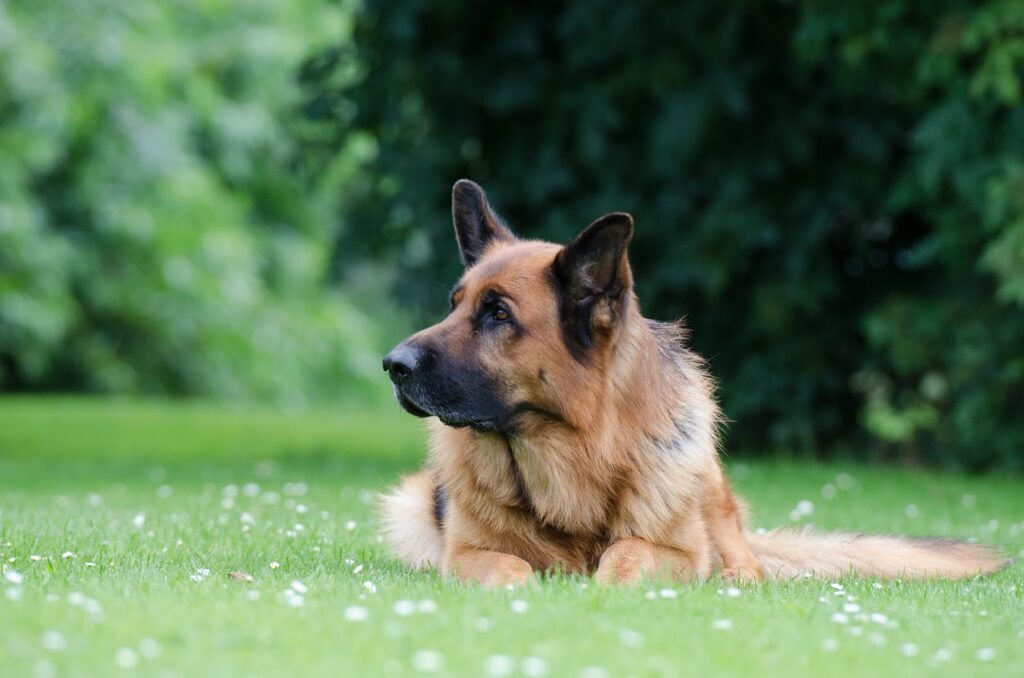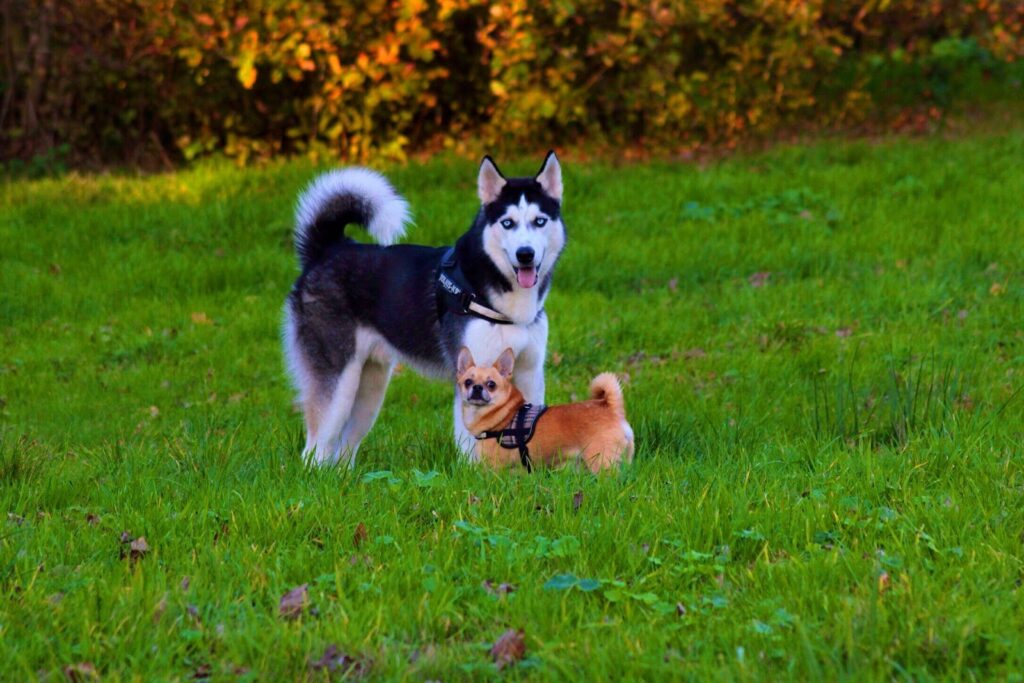Now that winter’s finally over, we’re all ready to make the most of the summer and lap up the sun (while it lasts). For many of us, that means prepping our garden for summer soirees and weekend barbecues, and giving the place a general spruce up. And, while we try to make our gardens look the best that they possibly can, there comes with it a risk to our pets that we may not consider.
As we spray endless cans of weedkiller, lace our flower beds with slug pellets, and decorate our patios with a multitude of different ornaments, we keep adding to the potential risks for our pets. So, it’s vital to know the signs to look out for, and the measures you should take to keep your pets safe.
Here’s our guide to keeping your pet safe in the garden this summer:
Chemicals
It’s the human way to want to chemically enhance nature to make it fit our aesthetic ideal. Whilst it’s undeniable how much better a garden can look after a good spritz, the chemicals that we use on our gardens aren’t always pet friendly, so it’s important that you know what’s what!
Weedkillers, especially, can be particularly harmful to pets, in part because we spray them so liberally across the entire garden. If accidentally swallowed, herbicides such as weedkillers can be poisonous, but they may also be absorbed through your pet’s skin. So, it’s best to keep your pets off the treated areas for a while – we’d suggest a minimum of 48 hours.
Many garden pesticides are also harmful to pets, so it’s vital that you follow the instructions carefully. Slug pellets contain metaldehyde, which can poison pets within hours, so we recommend not using them in a pet’s garden. If in doubt, wait as long as possible before letting your pet near any treated areas. Otherwise, if the issue isn’t major, consider not using them at all.
Aside from chemicals that we use to treat our gardens, there are other summer specific chemicals that we use that can pose a threat. Most notably, be careful of barbecue lighter fluid – if swallowed, it can cause serious poisoning!
Wildlife
We often don’t consider that our pets might not get along with other wildlife. However, like some animals are poisonous to us, the same is true of our pets, so it’s important to know what to look out for.
Toads, when threatened, are known for giving off a poison that can hurt a pet’s tongue or skin if touched. If this happens it’s advised that you rinse the area thoroughly with water and seek advice from the vet. We’d suggest keeping your pets away from woodland areas, or damp conditions that may be ideal habitats for toads.
Similarly, bees and wasps can give a nasty sting, which can be highly dangerous for your pets. They may also pose a threat if eaten by your pet. Whilst it’s impossible to totally eradicate your garden of bees and wasps, keep a look out for any nests, and watch over your pets as they’re out playing.
An obvious one, but still one to consider – keep an eye out for any predators in the garden. Foxes, in particular, can pose a massive threat to small pets, particularly rabbits, guinea pigs, and chickens. Make sure that your pets are secure in their enclosures and, if you suspect a threat lurking, bring your pets inside temporarily.
Objects
We all like to decorate our gardens, but sometimes less is more, especially when it comes to pets. We’re not saying don’t decorate the place, but objects on the floor can be a particular problem when it comes to pets. We’d suggest limiting ceramic and glass ornaments to flower beds, where they’re less likely to smash should they fall, and keeping the areas where your pet plays free from decoration. This way, it’s less likely that there’ll be an accident.
It’s also important that you check for litter, especially in those hard to reach areas. Although we might not see what’s lurking behind hedges or in the depths of flower beds, you can guarantee that our pets will! To be safe, it’s best to do a weekly roundup, otherwise who knows what they’ll come out with…
Now that you’ve pet proofed your garden, it’s time to stop the worrying and make the most of the summer! So, invite some friends (and their furry friends) over, crack open a bottle, and make the most of the great British summer!

